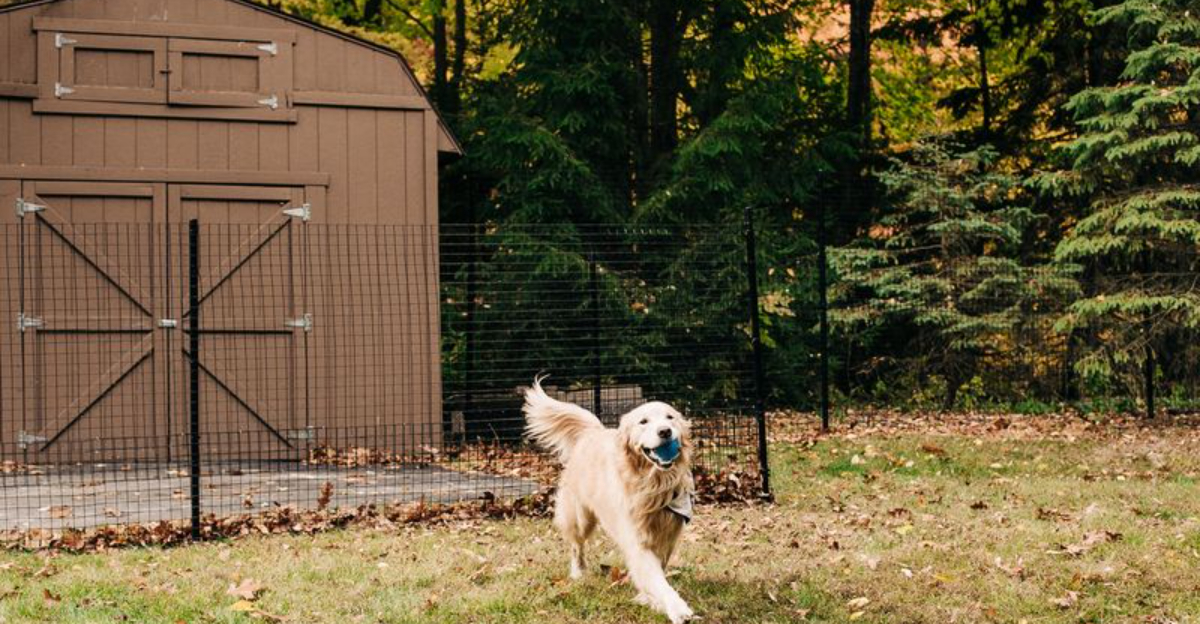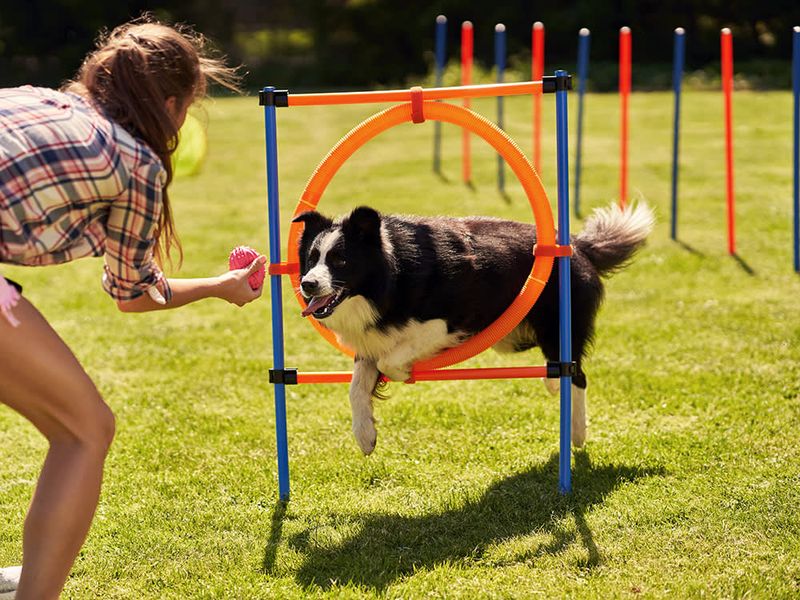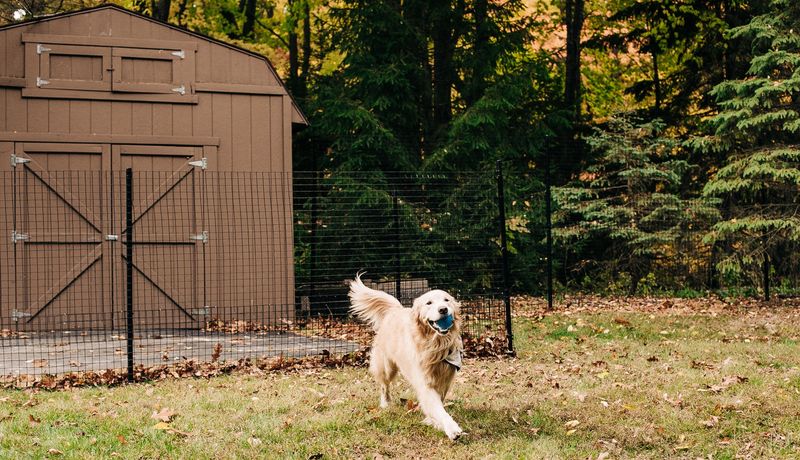Owning a dog is a rewarding experience, but it comes with responsibilities and unspoken rules that every owner should be aware of. These guidelines go beyond basic care and encompass the emotional, physical, and social aspects of having a canine companion.
Daily Exercise Commitment
Every dog needs exercise, but it’s more than just a stroll around the block. Meeting your dog’s exercise needs can improve their behavior and health. A lively Labrador may require hours of play to burn off energy. Varying the routine keeps both you and your dog engaged. It could be a hike one day and fetch in the park the next. Always tailor activities to your dog’s age and breed to avoid overexertion. As a dog owner, understanding this unspoken rule helps in fostering a happy and healthy pet, ensuring they get the activity they crave.
Understanding Canine Communication
Dogs communicate primarily through body language. Misunderstanding these signals can lead to unnecessary conflicts. A wagging tail isn’t always a sign of happiness; it can indicate excitement or aggression. Reading cues like ear position and posture is crucial. A relaxed dog displays a loose body and soft eyes. Pay attention to their vocalizations too. Barking, whining, and growling each have distinct meanings. By learning to interpret these signals, you build a stronger bond with your pet. It’s an essential part of being a responsible and caring dog owner.
The Importance of Socialization
Socialization shapes a dog’s interactions with the world. Exposing puppies to various environments, people, and animals helps them grow into well-adjusted adults. A well-socialized dog is confident and less anxious. However, it’s important to do it gradually. Start with quiet, controlled settings before moving to busier spaces. Socialization isn’t just for puppies; older dogs benefit too. They learn to manage stress and adapt to changes. This rule highlights the ongoing commitment needed to nurture a balanced canine companion, ensuring they thrive in diverse situations.
Consistent Training Practices
Training a dog is a lifelong commitment, not just a one-time event. Consistency is key. Using positive reinforcement builds trust and encourages desired behaviors. Commands should be clear and consistent across family members. A Border Collie, for instance, thrives with tasks and challenges. Incorporating play into training sessions keeps it fun and engaging. Mistakes are part of learning; patience is essential. Regular training strengthens the bond between owner and pet, paving the way for a harmonious relationship. It’s a rewarding aspect of dog ownership that enhances mutual understanding.
Meeting Emotional Needs
Dogs crave companionship and affection. Meeting their emotional needs is as vital as physical care. A Terrier mix might enjoy snuggling on the sofa, seeking comfort and reassurance. Being attuned to their feelings helps in recognizing stress or anxiety. Quality time together strengthens your bond. This means more than just daily walks; it’s about being present and attentive. A happy, emotionally fulfilled dog is more resilient and adaptable. Understanding this unspoken rule is crucial in providing a nurturing environment where your pet feels valued and secure.
Balanced Nutrition
Feeding your dog isn’t just about filling a bowl. Balanced nutrition supports their energy, coat, and overall health. A Golden Retriever might have specific dietary needs, requiring careful selection of ingredients. Fresh, high-quality ingredients make a difference. Consult with a vet to tailor a diet that suits your dog’s age, breed, and activity level. Avoid overfeeding and monitor their weight. Occasional treats are fine but shouldn’t replace main meals. This rule emphasizes the importance of a thoughtful and informed approach to feeding, ensuring your dog thrives.
Regular Veterinary Care
Routine vet visits are crucial for your dog’s health. They ensure vaccinations are up to date and potential issues are caught early. A Beagle, with its curious nature, might need specific checks for ear infections or obesity. Regular health screenings provide peace of mind. Building a relationship with a trusted vet is invaluable. They offer guidance on preventative care and lifestyle adjustments. This unspoken rule is about commitment to your pet’s long-term well-being, highlighting the proactive steps needed to maintain their health.
Understanding Breed-Specific Traits
Every dog breed has unique traits that influence behavior and care needs. Understanding these helps in providing appropriate support. A Bulldog, with its friendly demeanor, thrives in a family setting but may require special attention to respiratory health. Research before adopting to match a breed with your lifestyle. Each dog’s activity level, grooming needs, and temperament can vary greatly. This rule underlines the importance of knowledge and preparation. By acknowledging these traits, owners can create a harmonious environment tailored to their dog’s specific needs.
Providing Safe Boundaries
Dogs need defined spaces to feel secure. Setting boundaries doesn’t just ensure safety; it also aids in training. A secure fence prevents accidental escapes and provides a designated play area. It reassures both owner and dog. An open yard might seem inviting, but without boundaries, it poses risks. Consider invisible fences or playpens for more options. This rule highlights the importance of a safe environment where dogs can explore without constant supervision. Establishing boundaries is a foundational aspect of responsible dog ownership.









